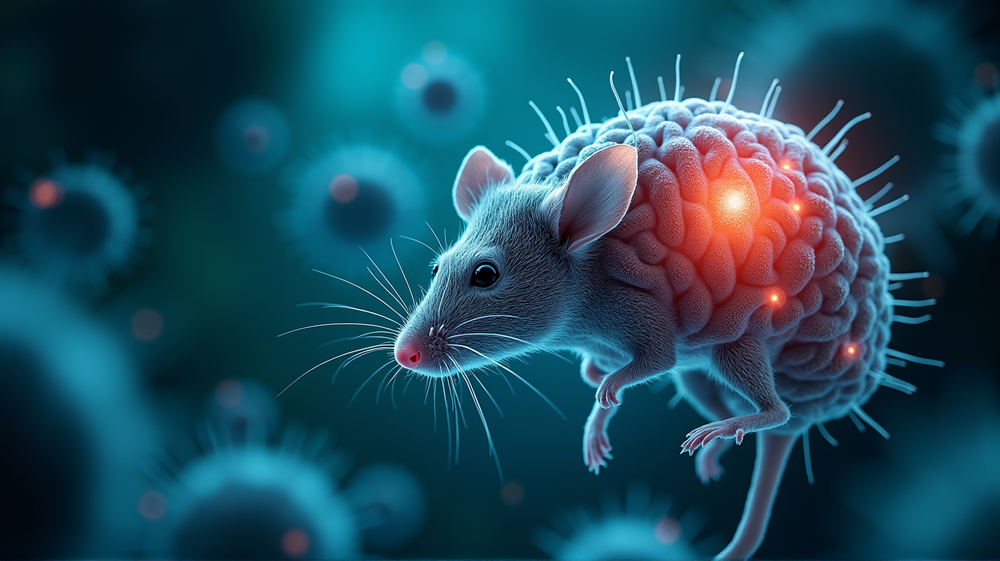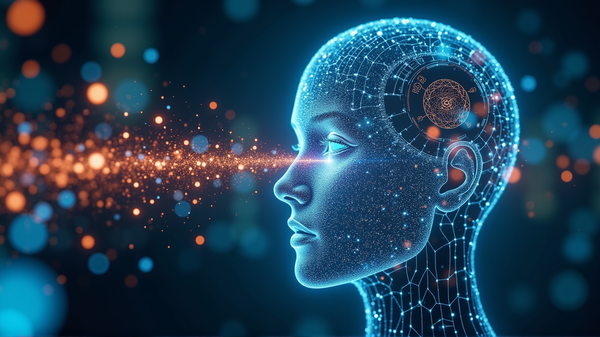Breakthrough: Rejuvenated Immune Cells Combat Brain Aging in Mice
In a groundbreaking discovery, scientists from Cedars-Sinai have developed “young” immune cells using human stem cells, potentially reversing the signs of aging and Alzheimer’s disease in mice. This revolutionary treatment ignites hope for novel therapeutic approaches targeting neurodegenerative diseases in humans.
Regeneration of Aging Brains
The researchers have successfully harnessed stem cell technology to create youthful immune cells that exhibit rejuvenating effects on mice suffering from aging and Alzheimer’s. These transformative cells, generated from human-induced pluripotent stem cells, could mark a new era in combating neurological decline.
The Magic of Mononuclear Phagocytes
At the heart of this achievement lies the production of young mononuclear phagocytes, immune cells responsible for clearing malicious substances within the body. Their potency diminishes over time, sparking this inventive intervention to counteract aging.
Upon infusion, aged mice displayed remarkable cognitive improvements, with increased presence of “mossy cells” within the hippocampus—key to learning and memory.
Transformative Impact on Brain Health
The infusion of these cells retained the vitality of the microglia—a type of immune cell pivotal to brain detoxification. Unlike the typical retraction seen in aging and Alzheimer’s, microglia remained vigorous and healthy among treated mice, fostering improved memory.
Indirect Wonders Beyond Imagination
While the young mononuclear phagocytes did not traverse into the brain, their indirect influence is speculated to produce almighty effects. They may release anti-aging proteins or extracellular vesicles capable of penetrating the brain or neutralizing pro-aging elements within the bloodstream.
A Promising Horizon for Personalized Therapy
With a vision toward personalized treatment, Cedars-Sinai aims to expand the availability of these young immune cells, derived from stem cells with limitless potential. “These findings are a beacon of hope for interventions tackling cognitive decline related to aging and Alzheimer’s,” remarked Jeffrey A. Golden, MD.
As stated in Technology Networks, this pioneering work sets the stage for advancing stem cell–derived therapies, potentially transitioning these monumental insights into clinical trials for patient use. The journey toward regenerating the human brain starts here, with ongoing studies unraveling the secrets of this spectacular biological repair.




